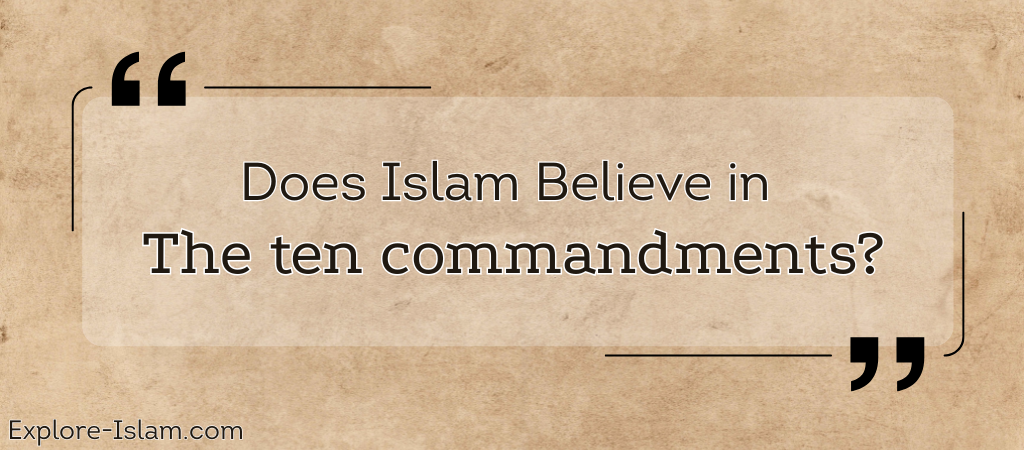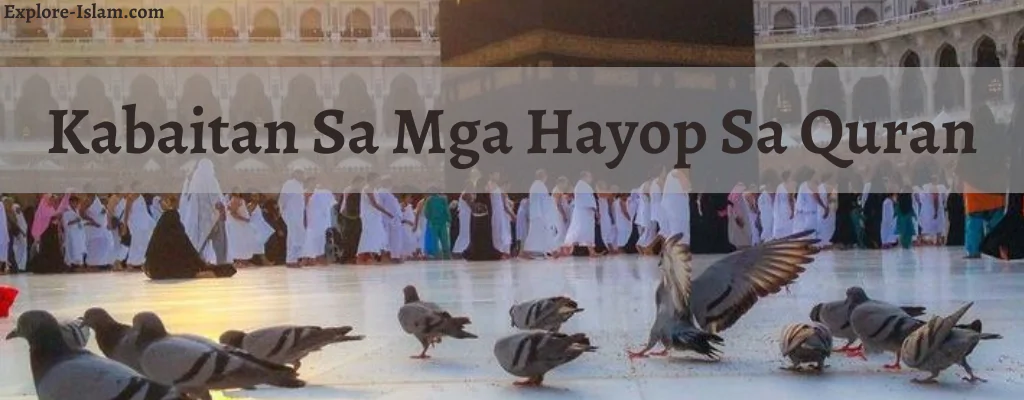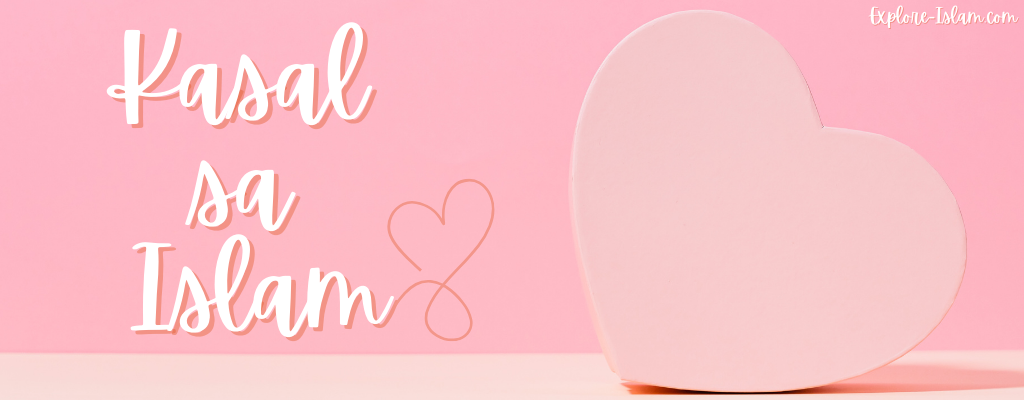Mother’s rights in Islam are given unparalleled importance, elevating their status in both this life and the Hereafter. This reverence is not a burden but an honor, recognizing the immense pain and challenges mothers endure during pregnancy and beyond. Their sacrifices grant them a distinguished status, with children commanded to obey and respect them. This elevated position underscores Islam’s deep appreciation for mothers’ unparalleled dedication and love.
Being good to one’s mother is considered one of the greatest deeds. Despite the significant emphasis on this matter, many people are unaware of the rights their parents have over them. It’s a reminder of the sacrifices parents make, especially mothers, from the moment we are in their wombs. Understanding these complex feelings fully often comes only when one becomes a parent themselves.
This article delves into the rights and significance of mothers in Islam, reflecting on the immense respect and duties prescribed by the Almighty Creator.
First: Priority of good company for Mothers
The importance of a mother’s rights in Islam is profoundly illustrated through the teachings and actions of the Prophet Muhammad (peace be upon him). In many instances, the Prophet highlighted the elevated status of mothers and the special care and respect they deserve from their children. For example:
A person came to Messenger of Allah (ﷺ) and asked, “Who among people is most deserving of my fine treatment?” He (ﷺ) said, “Your mother”. He again asked, ”Who next?” “Your mother”, the Prophet (ﷺ) replied again. He asked, “Who next?” He (the Prophet (ﷺ)) said again, “Your mother.” He again asked, “Then who?” Thereupon he (ﷺ) said,” Then your father.” [Al-Bukhari and Muslim]
This hadith signifies that a mother’s rights are prioritized over the father’s, particularly when it comes to affection and care. Some scholars have interpreted this to mean that a mother’s rights in terms of love, respect, and support are threefold compared to those of a father. This precedence underscores the unique and irreplaceable role of a mother in Islam.
Related: Parents in Islam – Why Parents Come First In Quran, Just After Allah?
Second: The Quran highlights good treatment for Mothers
The rights of mothers in Islam are extensively highlighted through the Quran and Hadith, illustrating the immense respect and care that should be afforded to them by their children. This special status is a reflection of the hardships mothers endure and the significant role they play in their children’s lives. Allah Almighty states:
“And We have enjoined upon man, to his parents, good treatment. His mother carried him with hardship and gave birth to him with hardship.” (Quran 46:15)
This verse’s emphasis on the mother’s sacrifices reiterates her elevated status in Islam, signifying that her rights are greater than those of the father due to the unique difficulties she faces in bearing and raising children. Scholars interpret this as an indication that a mother’s rights are to be given precedence due to her physical and emotional challenges.
This divine instruction serves as a reminder of the immense value of a mother’s contribution, underscoring the need for children to show gratitude through kind words, gentle speech, financial support, and various acts of kindness.
Islam places special importance on mothers, especially in comparison to fathers. motherhood is not intended as a burden but rather as an honor. The pain and challenges a mother endures during pregnancy and beyond grant her a distinguished status in this life, where children are commanded to obey and respect her, as well as in the Hereafter. This elevated position underscores the deep appreciation and gratitude that Islam encourages toward mothers for their unparalleled sacrifices and dedication.
Third: Special praise and merits for those keeping mothers’ rights
The following story underscores the immense value of mother rights in Islam and illustrates how such devotion can elevate a believer’s standing”
During the period of Prophet Muhammad (peace be upon him), there was a devout Muslim named Uwais. Uwais’s deep love and dedication to his mother were so profound that he chose to stay by her side rather than become one of the Prophet’s companions. Remarkably, the Prophet himself praised Uwais’s devotion, saying to Omar, one of his greatest companions,
He (Uwais) has a mother to whom he is very dutiful. If he were to take an oath in the Name of Allah, Allah would fulfill his oath. And if it is possible for you, ask him to ask forgiveness for you” (Muslim Narrated).
Anyone can follow the example of Uwais and gain similar merits out of their devotion to their mothers.
Fourth: Islam Urges Obedience to Mothers, Except When Asked to Do the Unlawful
In Islam, one of the foremost rights of parents, especially mothers, is the obligation to obey their orders. Parents generally act out of love and in the best interest of their children, making it essential to repay that love through obedience. However, it’s crucial to recognize that parental guidance may not always align with what is right. Islam makes it clear that obedience is not required if parents instruct you to engage in wrongdoing. The Quran explicitly states:
“But if they (parents) endeavor to make you associate with Me that of which you have no knowledge, do not obey them but accompany them in [this] world with appropriate kindness and follow the way of those who turn back to Me [in repentance].” [Quran 31:15]
This highlights the importance of obedience in Islam, but it also justifies disobedience if parents ask you to do something harmful or wrong, particularly if it involves associating others with Allah. Despite this, Islam still mandates treating parents with kindness and good company, underscoring the profound significance of parental respect and care in the faith.
Conclusion
The profound emphasis on a mother’s rights in Islam serves as a clear directive for believers to prioritize their mothers in acts of kindness, support, and prayer. The Prophet’s teachings make it evident that while both parents are to be honored, the mother’s position holds a special place of reverence. This unique status is a testament to the sacrifices and contributions mothers make, ensuring their children’s well-being and nurturing them with unconditional love.
This brief exploration of mothers’ rights in Islam highlights the significant role and immense respect accorded to mothers. There are numerous other scriptures and teachings regarding this pivotal matter. Reflect on your parents and appreciate their existence in your life, whether it is only one or both of them. Remember, your parents are your doorway to heaven.
For a deeper understanding, read more in the Quran and authentic Prophetic sayings about mother’s rights in Isam and social life in general. Also, our team is at your service if you have any questions about Islam. As always, “Peace be with you.”










